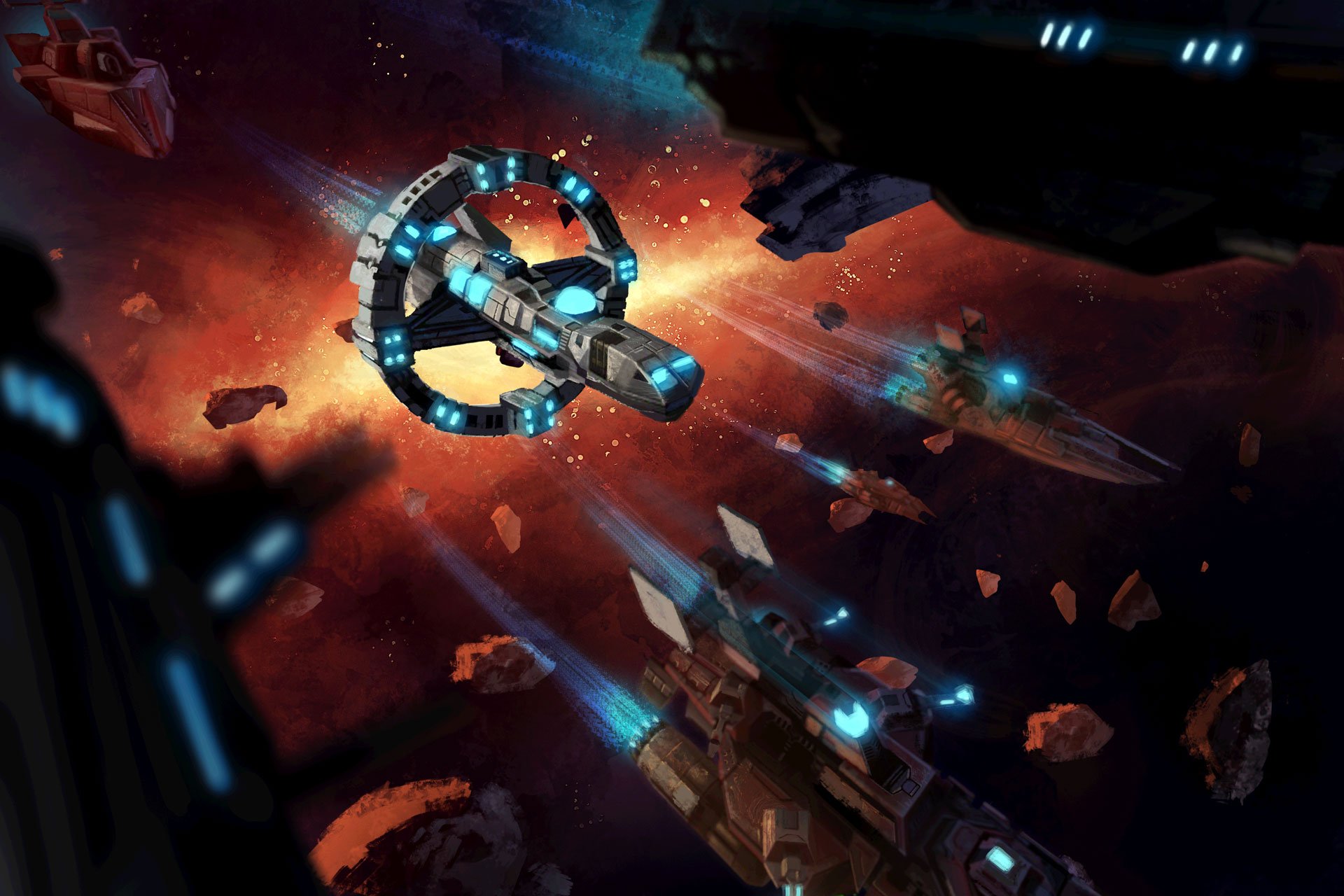Planet hunters.
For a title branded with Sid Meier's name, Starships is based less on the empire building associated with the Civilization series and more on tactical warfare set in space. It speeds through the development of an alliance between nearby planets in the galaxy, giving it more casual appeal, and focuses deep-space combat between upgradeable fleets of ships that armchair generals can delve into. As an adjunct bite-sized strategy title to Civilization: Beyond Earth, Starships serves as a quick sojourn that may not have as much staying power as a core Sid Meier title but will manage to keep your attention for at least a few short playthoughs.
Sid Meier's Starships imagines the future of the events in Beyond Earth, positing a universe where you've already succeeded in taming an alien planet and have transformed it into your homeworld. In this continuation, you have completed the construction of a small space-ready fleet and are ready to answer a signal sent from deep space that is apparently another colony ship dispatched from Earth as part of The Seeding. Your civilization will be represented by one of the familiar eight characters from Beyond Earth and you can select one of the three familiar affinities (Supremacy, Harmony, and Purity), though the differences between the three in Starships are merely minor bonuses.
The same goes for the eight characters, but their various buffs can have substantial impact depending on the victory condition. As your alliance of planets grows beyond your homeworld, you have numerous ways on winning whether that's controlling more than half of the map (Population), being the only alliance left (Domination), having three Tier 6 technologies (Science), or building seven wonders (Wonders). Unfortunately, for the setup for the game, you can only choose to play with all or one of the victory conditions; that is, not two or three of them for some strange reason. In fact, the game doesn't offer that many choices when it comes to setup, with no options for planet distribution, AI control, and the plethora of other options available in other Sid Meier's games.
While one of the main objectives is to spread your alliance's influence and annex other planets to increase the production of various resources, all of it comes back to space battles. Every Wonder grants a perk in battle, every unit of energy is spent on upgrading your ships, and all researched technology is meant to improve your fleet's efficiency. On top of that, gaining enough influence points to incorporate a planet into your alliance (earning bonus resources and sometimes a free technology) means successfully completing missions issued by the planet; for instance, rescuing a colony ship, navigating an asteroid maze, or destroying rogue marauders ships. Of course, mastering space combat also translates into surviving enemy attacks and conquering opposing territory.
Taking place on a circular map laid in a hexagonal grid, combat is a turn-based affair between two starship fleets and it's fairly simple to understand. Tactics tend to revolve around hit-and-runs, moving starships close enough and with as clean a shot as possible to fire with lasers or plasma cannons before moving them behind asteroid fields for some cover. I tend to open with torpedo fire, which does a lot of damage or can flush out groups of enemies since they last over several turns.
For deeper tactics, you can run on impulse power for extra distance, go into stealth to leave your ship undetected, fly into jump gates if you want to escape, and hit enemies from behind for a higher chance at a critical hit. You can also activate single-use battle cards for surprise effects, like activating a speed card to get within a reach of a cruiser that's attempting to escape your grasp. Overall, it's a system that's flexible in approach and can be rewarding if you can destroy a fleet that's technically better than yours using sheer tactics. However, after the third full game, the missions and the space combat can feel repetitive and lose steam over time.
Apart from tailoring your fleet to your play style, you'll spend resources in numerous ways before ending your turn; in this case, having your crew go on shore leave to recover their stamina. Food and metals increase the production yield of a planet, and the marketplace is a fine place to transform one resource into another, particularly if you want to purchase influence outright using credits. Metals can also be used to build wonders, though which ones you can build depend on the planets themselves within your alliance, so it's a crap shoot at times. It's sometimes better to connect planets together using warp gates instead, since that prevents your crew from becoming exhausted through travel and makes reaching battles faster in case your fleet is extremely far away from an enemy attack on one of your planets.
Where Starships feels limited is in its completel lack of multiplayer options and the inability to continue a game after achieving victory. Without in-depth setup options, playthoughs become fairly predictable unless you change up the victory conditions. Diplomatic options are few and far between without the ability to trade between AI, and it can sometimes get confusing as to who is declaring war on whom whenever the game cuts away to short cut-scene conversations between players. The options for resolution and scrolling are extremely bare too.
Sid Meier's Starships is a short and sweet companion game to Civilization: Beyond Earth that doesn't overstay its welcome. Without many options for game setup and a multiplayer mode, Starships is limited in scope, but its ship-focused combat and breezy progression has a broad appeal that fits well for both PC and iOS platforms. I can see this space-faring concept being developed further by Firaxis, especially if it's combined with the Beyond Earth gameplay. As it stands now, though, Starships just needs more depth before it can shoot rockets.
-
Tactical hex-based spaceship combat
-
Appropriate for both PC and iOS platforms
-
Simple alliance growth
-
No multiplayer
-
Lacks options for game setup and diplomacy
sid-meiers-starships
-
sid-meiers-starships #1
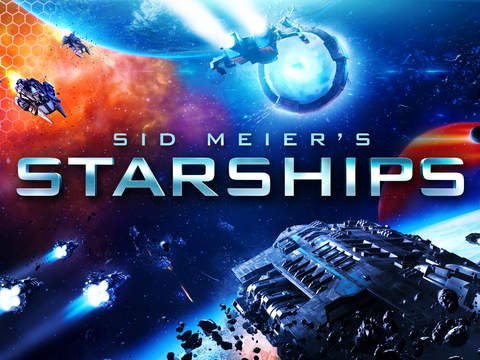
-
sid-meiers-starships #2
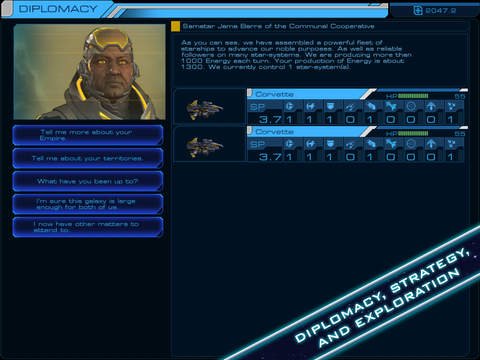
-
sid-meiers-starships #3
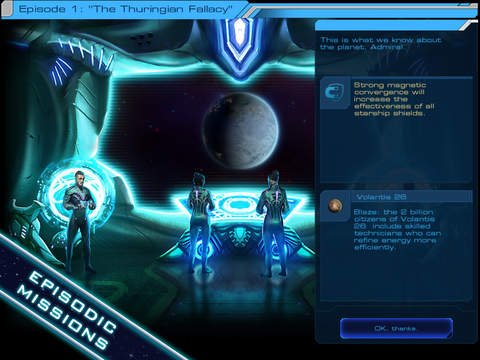
-
sid-meiers-starships #4
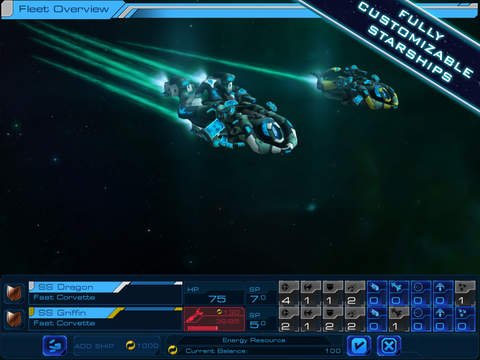
-
sid-meiers-starships #5
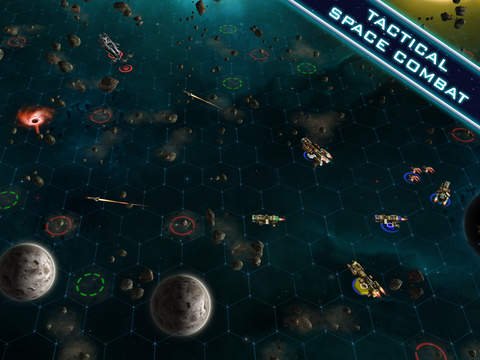
-
sid-meiers-starships #6
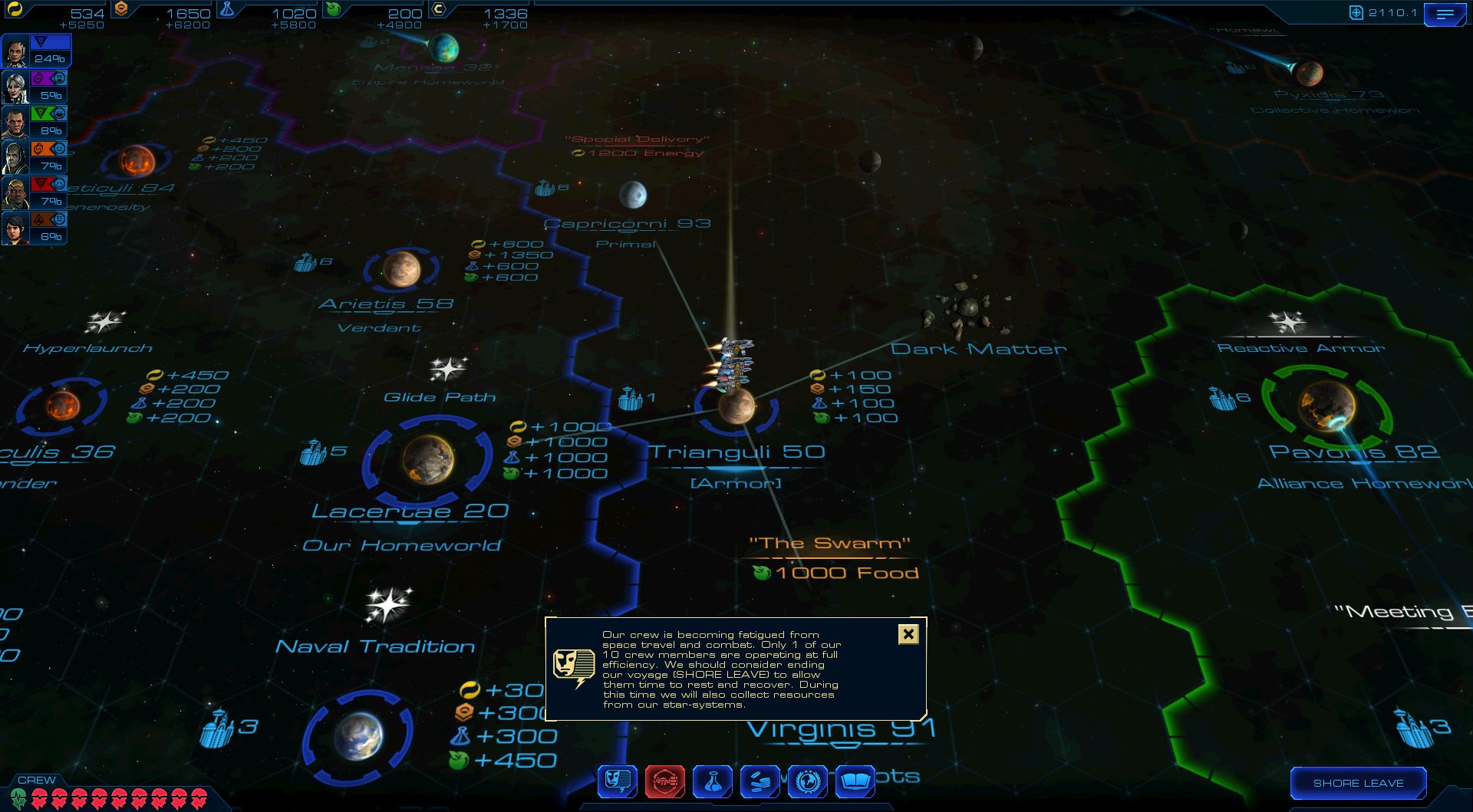
-
sid-meiers-starships #7
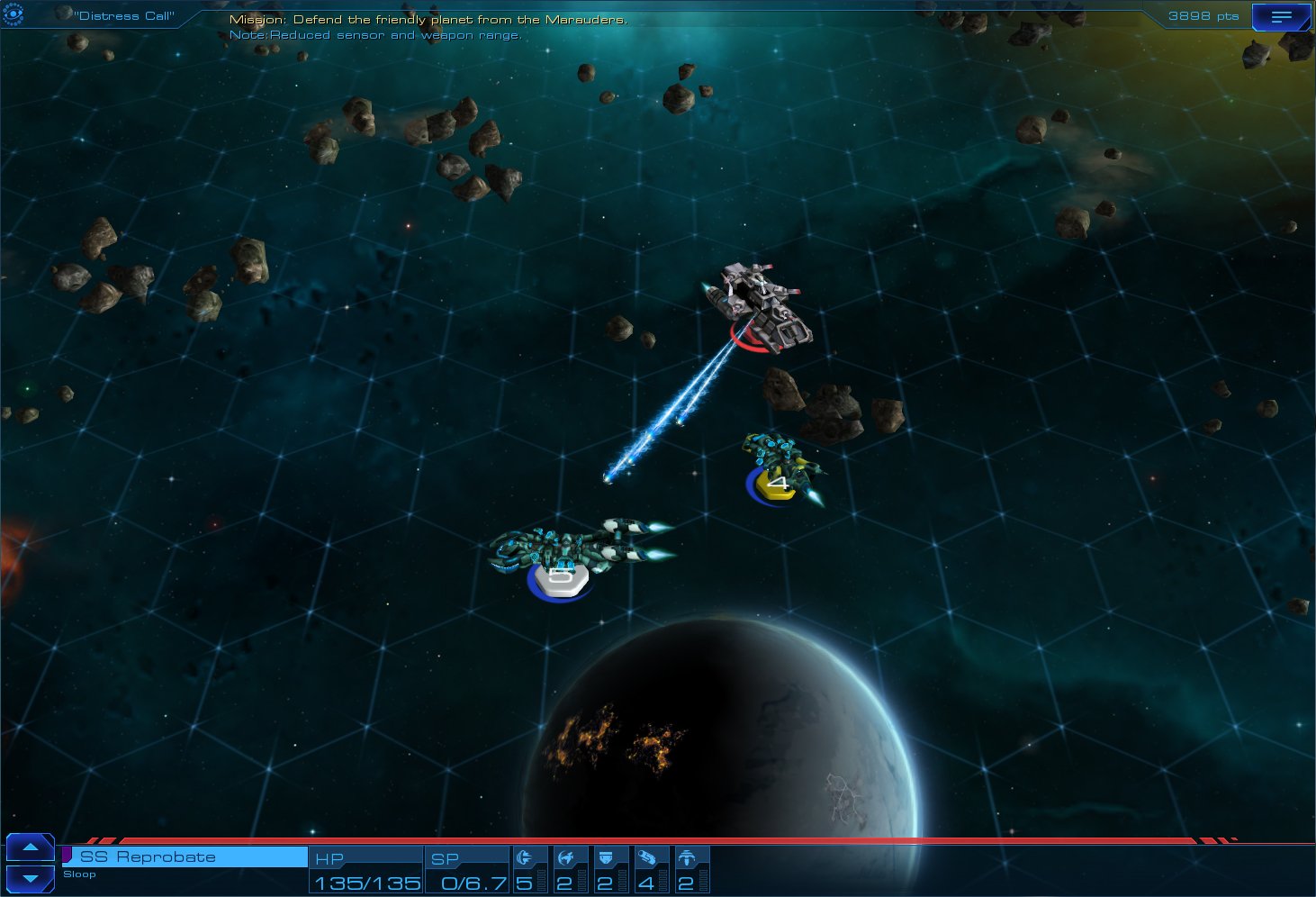
-
sid-meiers-starships #8
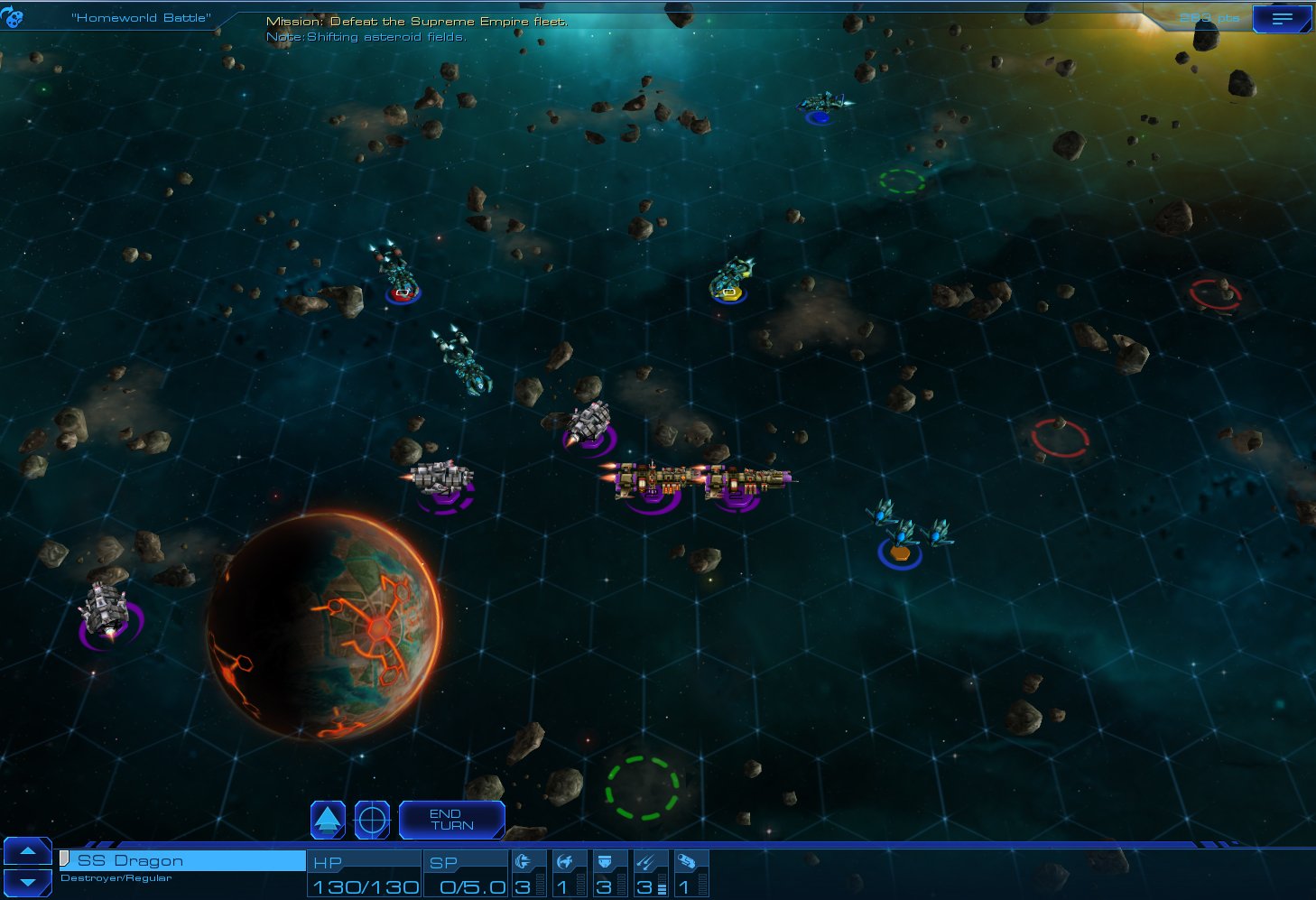
-
sid-meiers-starships #9
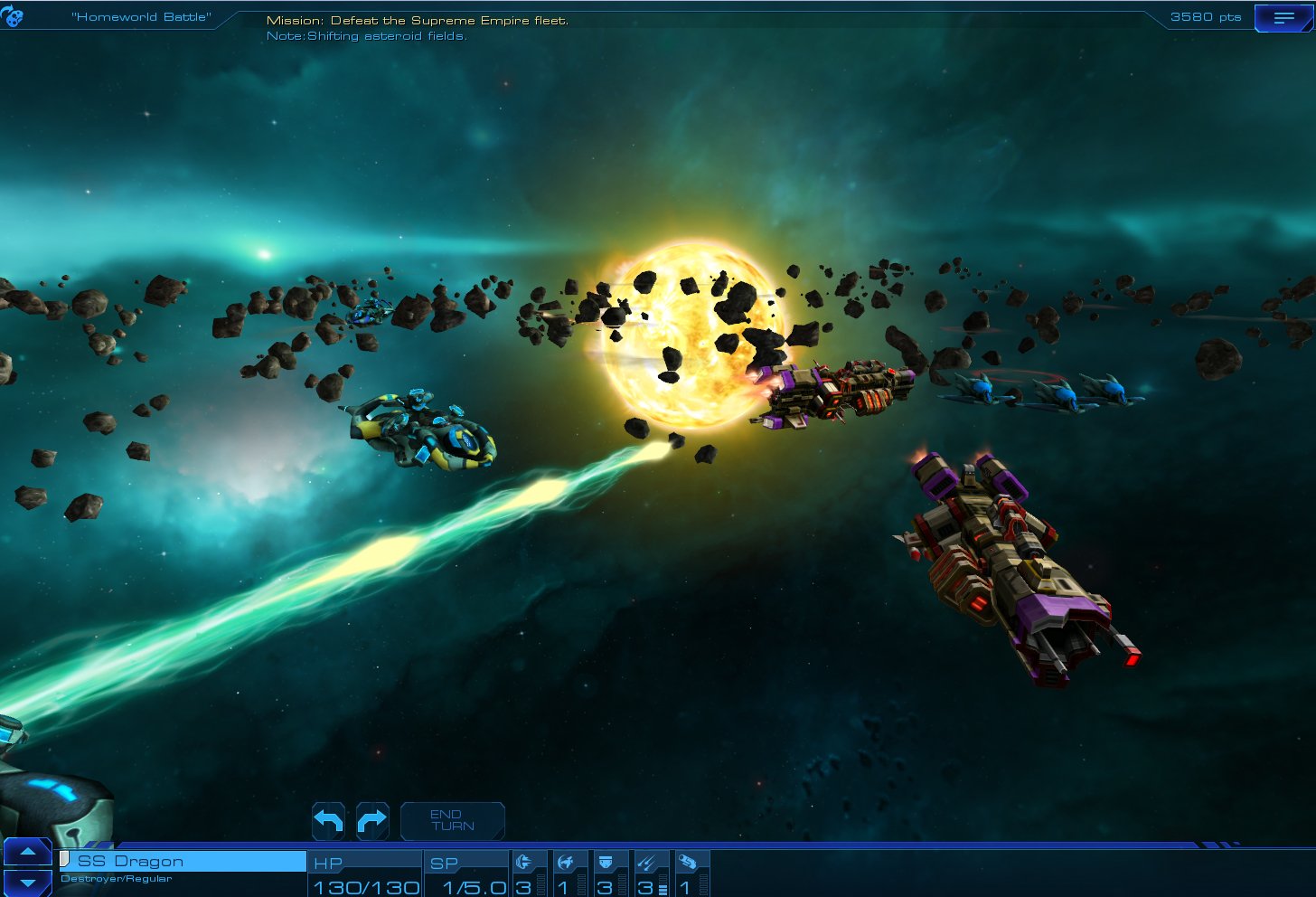
-
sid-meiers-starships #10
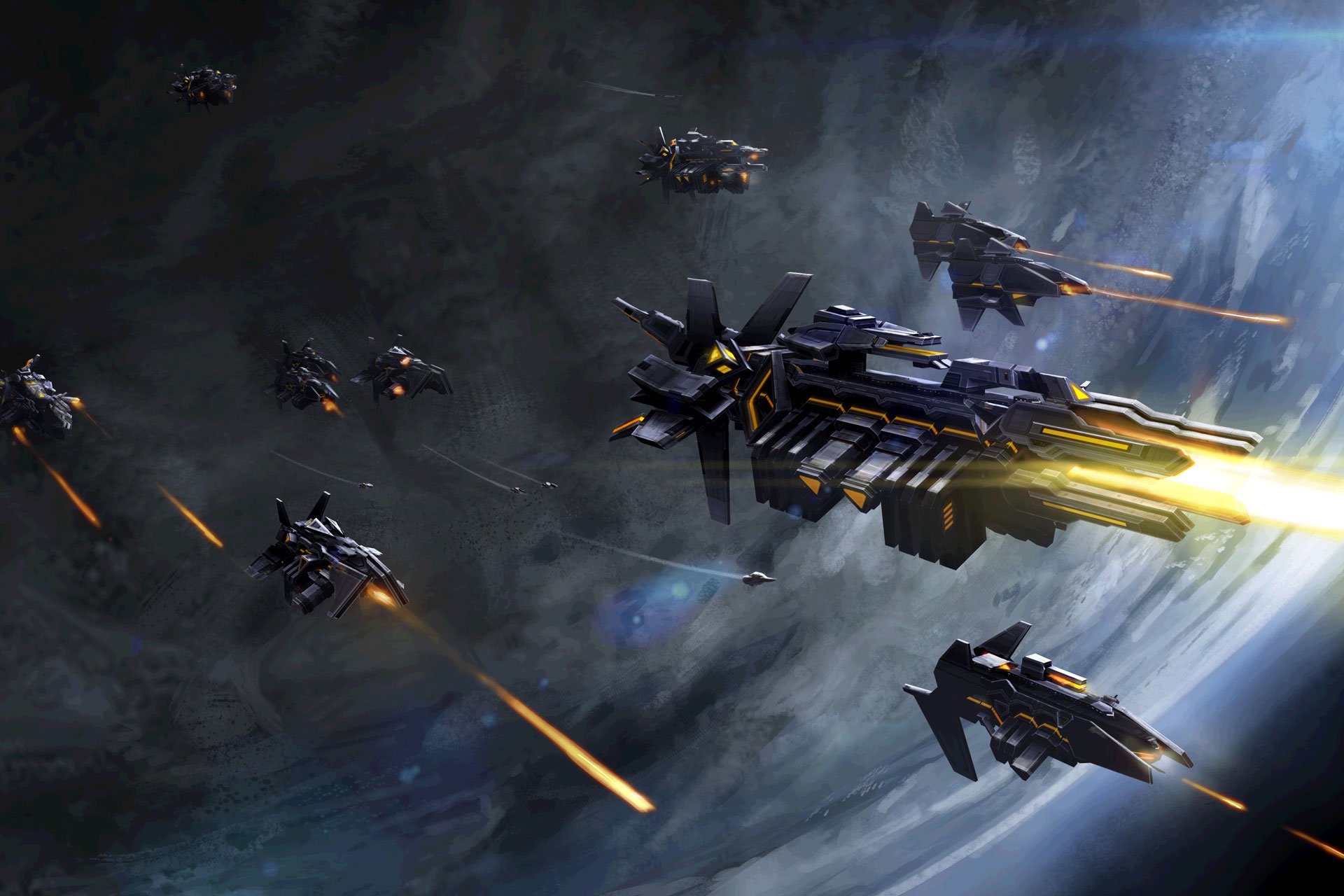
-
sid-meiers-starships #11
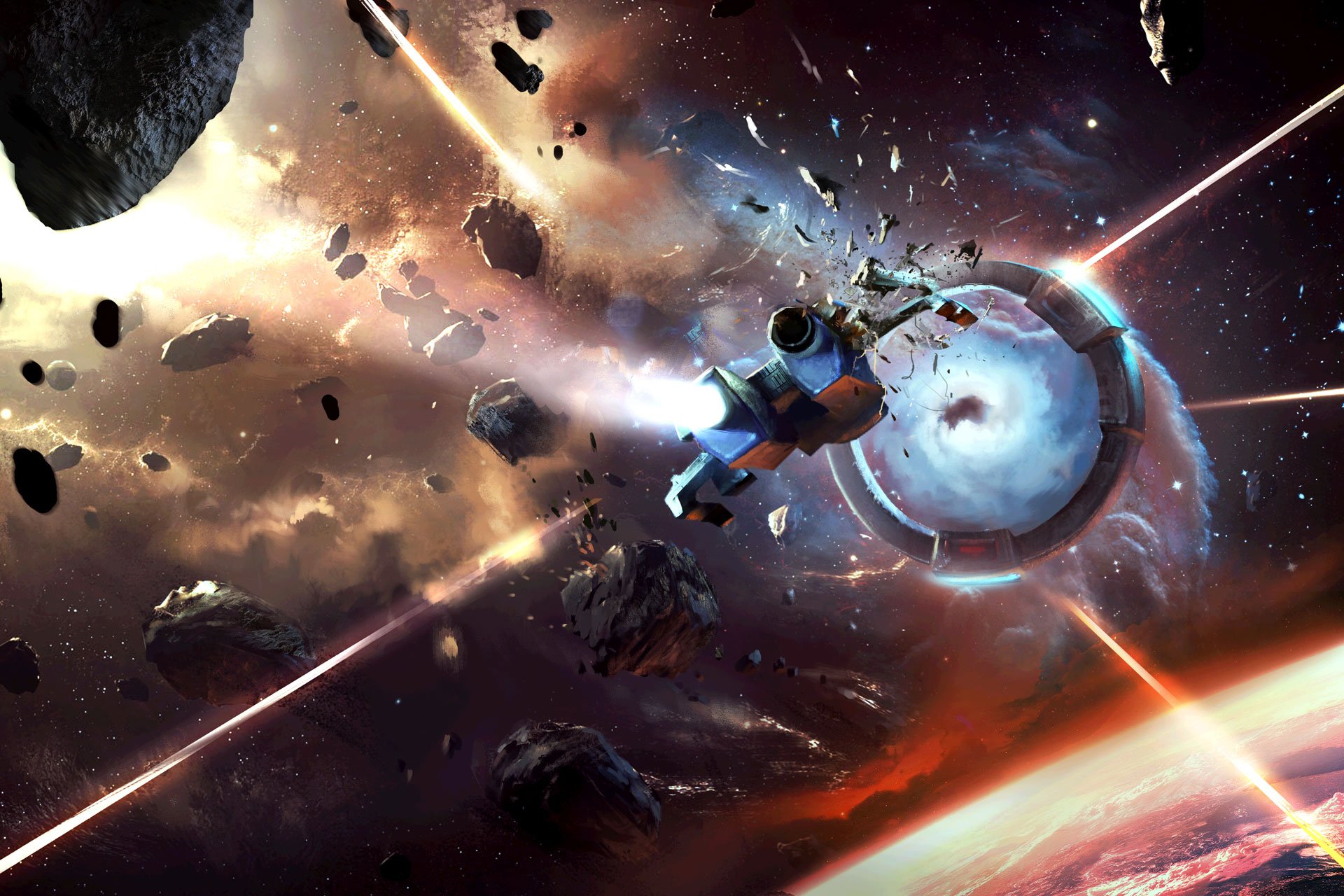
-
sid-meiers-starships #12
